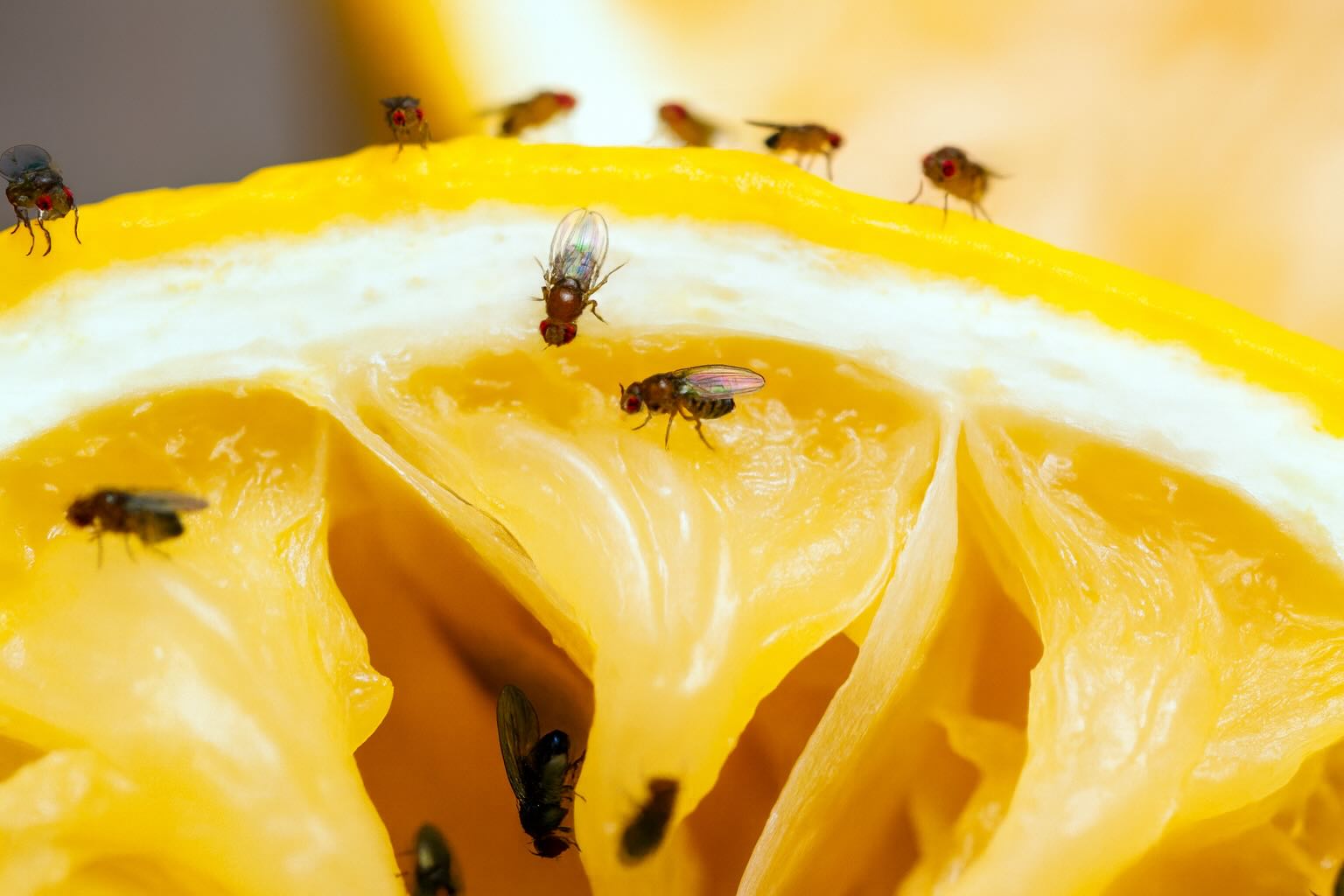No matter the season, flies always find their way inside our homes. They buzz around our heads, land on food, and somehow manage to annoy us even while we’re trying to watch TV. But instead of constantly swatting them away or relying on harsh sprays, there’s a simple solution hiding in your spice cupboard.
Bay Leaves: A Natural Insect Repellent
Bay leaves aren’t just for soups and stews. For centuries, different cultures have used them as a natural way to repel pests. The secret lies in their essential oils—cineole and eugenol. These release a strong scent that humans find pleasant, but insects find unbearable.
Flies, ants, and even cockroaches rely heavily on their sense of smell to navigate. When bay leaves are nearby, they instinctively keep their distance, leaving your space far more peaceful.
How to Use Bay Leaves Around the Home
The beauty of bay leaves is that they’re easy to use. Simply place dried leaves in strategic spots:
-
Windowsills and doorways to prevent flies from coming inside.
-
Pantries and cupboards to stop ants and cockroaches.
-
Dark corners or behind appliances where pests often hide.
For stubborn infestations, crush the leaves slightly to release more oils, or boil a few in water and use the infused liquid as a natural spray. The stronger the aroma, the more effective the barrier.
More Than Just Pest Control
Bay leaves don’t just keep bugs away—they also leave behind a fresh, natural aroma. Unlike chemical sprays or artificial air fresheners, they help mask unpleasant odors without filling your home with toxins.
Don’t Forget the Basics
While bay leaves are a great natural ally, they’re not a substitute for good hygiene. Proper food storage, taking out the trash regularly, and keeping surfaces clean remain the most effective ways to stop pests at the source.
